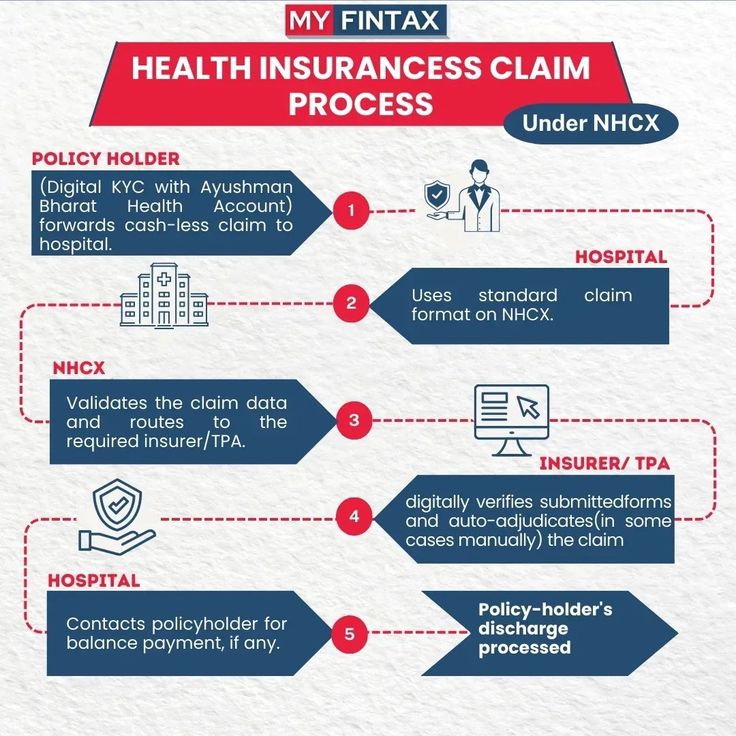



The UK government has implemented significant changes to National Insurance Contributions (NICs) in 2024, affecting employees, self-employed individuals, and employers. These adjustments aim to alleviate the tax burden on workers while increasing contributions from employers. Understanding these changes is crucial for financial planning and compliance.
From 6 January 2024: The main rate of Class 1 NICs for employees was reduced from 12% to 10%.
From 6 April 2024: A further reduction brought the rate down to 8% on earnings between £12,570 and £50,270.
This change benefits approximately 27 million workers, resulting in an average annual saving of £450 for someone earning £35,400. Association of Taxation Technicians+3Legislation.gov.uk+3PayFit+3
From 6 April 2024: The main rate of Class 4 NICs for self-employed individuals was reduced from 9% to 6% on profits between £12,570 and £50,270.GOV.UK+10MoneySavingExpert.com+10GOV.UK+10
Additionally, the requirement to pay Class 2 NICs was abolished, simplifying the tax system for self-employed workers.
While employees and self-employed individuals have seen reductions, employers face increased NICs:MoneySavingExpert.com+2Association of Taxation Technicians+2Sage X3+2
From April 2025: The employer NIC rate will rise from 13.8% to 15% on salaries above £5,000. Wikipedia+2thetimes.co.uk+2Wikipedia+2
This change is part of a broader strategy to increase tax revenues and has raised concerns among businesses about potential impacts on hiring and wage growth. Financial Times
Increased Costs: Higher NICs may lead to increased operational costs, affecting hiring decisions and wage structures.
Strategic Planning: Businesses may need to reassess their financial strategies to accommodate the increased tax burden.
Higher Take-Home Pay: Reduced NICs result in increased net income for employees.
Potential Wage Growth Impact: Employers facing higher NICs might be constrained in offering significant wage increases.
The changes to National Insurance Contributions in 2024–2025 represent a shift in the UK's tax landscape, aiming to balance the financial responsibilities between employees, self-employed individuals, and employers. Staying informed about these changes is essential for effective financial planning and compliance.